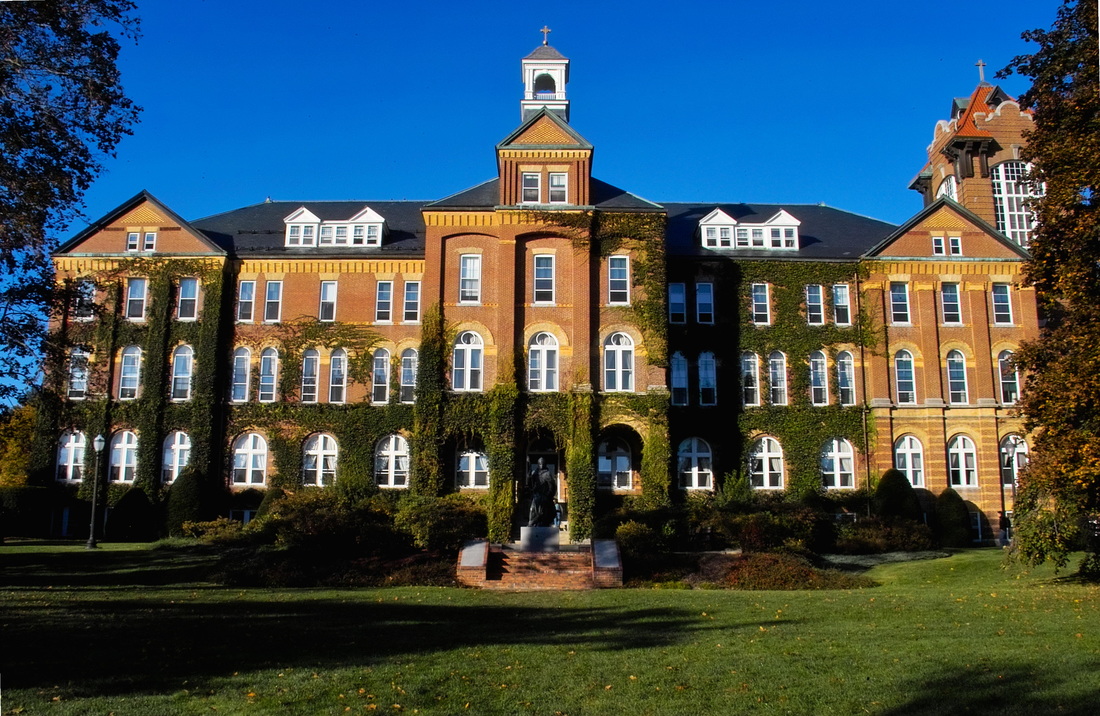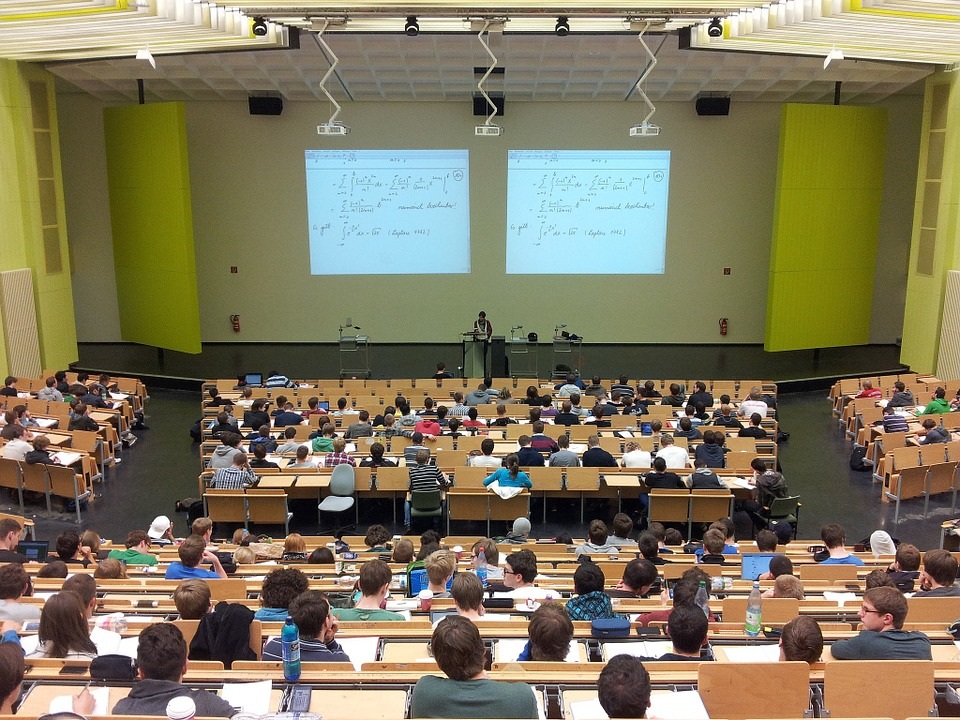|
There is a common myth among high school students, as well as their parents, that the only way to succeed in life is to attend an Ivy League, top-ranked college with high name recognition. As Frank Bruni so brilliantly explains in his book: Where You Go Is Not Who You'll Be: An Antidote to the College Admissions Mania, many people approach the college admission process as a fierce competition to gain acceptance into these “top” selective colleges and universities. Once accepted, it is assumed you are destined to become a leader in your chosen field.
We are here to tell you that this is simply not true. Success in college and beyond is not solely based on where you “get in," but much more on what you do when you get there. As so well described by Malcolm Gladwell in Outliers: The Story of Success, being in the top third of your class at whatever school you are at is the best indicator of future success. How well you perform in college, the connections you make with other students and professors, and the experiences you gain are the crucial factors in predicting high achievement later in life. Remember that the Ivy League and other highly selective schools attract students who are already high achieving. Therefore, it is not the “magic” of the selective school, but the talent, hard work and drive with which the student arrives at the school that creates success. Some research indicates that many colleges have built myths of excellence not by adding value to students’ college experience but simply by recruiting numbers of students with strong characters developed prior to attending college. Even after taking into account the self-selected sample of students attending elite universities, if you look at the total number of top executives, most did NOT go to Ivy League or highly selective colleges. The same is true for the majority of governors. Examining the current list of acting governors reveals that only 9 out of 50 obtained their undergraduate degrees from Ivy League institutions, and over one-third graduated from public universities. Furthermore, many graduated from lesser-known schools such as Husson University in Maine, Mercer University in Georgia, Catawba College in North Carolina, and Trinity University in San Antonia, Texas. To further illustrate the point that an elite college education is not the exclusive channel by which to achieve success, check out the alma maters of these influential leaders. The results may surprise you. Politics: President Barak Obama – Occidental College, CA Vice President Joe Biden - University of Delaware, DE Senator Elizabeth Warren - University of Houston, TX Governor Chris Christie - University of Delaware, DE Senator Marco Rubio - University of Florida, FL Governor Mario Cuomo - Fordham University, NY Governor Terry McAuliffe - Catholic University, D.C. Media/Entertainment: Oprah Winfrey - Tennessee State University, TN Al Roker - State University of New York, Oswego, NY Jon Stewart - College of William and Mary, VA Bill O’Reilly - Marist College, NY Spike Lee - Morehouse College, GA Lorne Michaels - University of Toronto, ON Amy Schumer - Towson College, MD Amy Poehler - Boston College, MA Business: Tim Cook (Apple CEO) - Auburn University, AL Danny Meyer (Owner of Shake Shack) - Trinity College, CT Doug McMillon (Wal-Mart Stores CEO) - University of Arkansas, AR Rex Tillerson (Exxon Mobil CEO) - University of Texas at Austin, TX John S. Watson (Chevron CEO) - University of California, Davis, CA Warren E. Buffett (Berkshire Hathaway CEO) - University of Nebraska, NE Joe Gorder (Valero Energy CEO) - University of Missouri-St. Louis, MO Mark Fields (Ford Motor CEO) - Rutgers University, NJ Mary Barra (General Motors CEO) - Kettering University, MI The bottom line is, where you go to college will not be the determining factor of success in your life. Certainly, attending an elite college is not going to hurt you, if it provides the educational environment in which you thrive. But ultimately your future success is going to depend on you, not your college. To quote Frank Bruni: “Education happens across a spectrum of settings and in infinite ways, and college has no monopoly on the ingredients for professional achievement or a life well lived.”  Saint Anselm College in New Hampshire. Saint Anselm College in New Hampshire. If you’re a high school student or the parent of one who’s beginning the college application process, you’re probably researching as many schools as possible to find those best suited to your personal and academic needs. Something you may have noticed is that some schools are referred to as “liberal arts colleges,” while others are called “national universities.” To some, this might seem like just a semantic difference, but there’s a meaningful distinction between the two. If you’re trying to find the best school for you or your teen it’s important to know the difference. What are liberal arts colleges? Liberal arts colleges in general are typically small, private institutions with their academic focus on undergraduate education. Liberal arts colleges are dedicated to providing students with a traditional liberal arts education, one that aims to impart students with a broad base of knowledge from areas like literature, philosophy, art, history, music, and other humanities as well as science and math. The overall goal is to create well-rounded, intellectually agile students with well-honed critical thinking skills. What are national universities? In contrast to liberal arts colleges, national universities are institutions that may include several distinct colleges and/or graduate schools, pre-professional or professional schools or research programs. For this reason, universities also tend to be much larger than liberal arts colleges in terms of both student population and program offerings. Which will be a better fit for me? This depends on your individual circumstances and academic interests. In addition, while the differences between colleges and universities outlined above are helpful generalizations, every school has its own strengths and weaknesses that may be independent of its technical classification. Overall, a liberal arts college will be best suited for those students who want smaller classes, often more discussion-based rather than lectures; smaller teacher-student ratios; classes taught by professors as opposed to graduate students; accomplished humanities programs; individualized course requirements and smaller campus environments. Large universities are a better option for students who are looking for a more diverse areas of study, including STEM majors, opportunities for academic research and sometimes access to graduate courses. Universities will also typically have a larger student population with corresponding increase in sports, clubs and other social opportunities, which may be appealing to students who want to broaden their horizons personally as well as academically. Of course, this is only one small part of the overall college applications process. With so many other factors to consider, it’s worth getting guidance from a team of professionals. If you’re a student or parent in the Fairfield County, Connecticut area the admissions consultants at College Docs can work with you through every step of the college application process, from figuring out which programs are best to meet a student’s long-term goals to creating his or her personalized college action plan. Learn more by contacting College Docs via phone at (203) 330-1852, or by sending an email to [email protected]. |
Categories
All
Archives
July 2024
Contact College Docs at
203 520-6338 or 203 218-5619 [email protected] |


 RSS Feed
RSS Feed